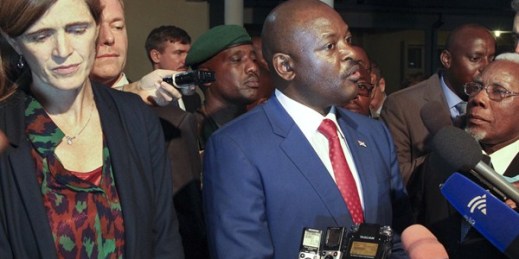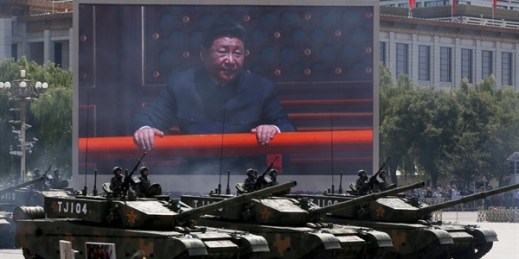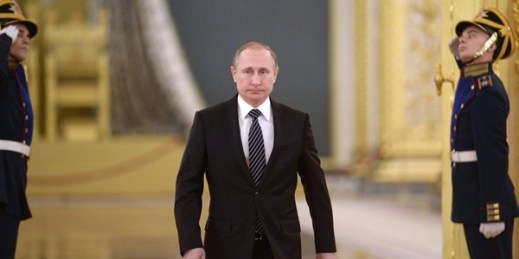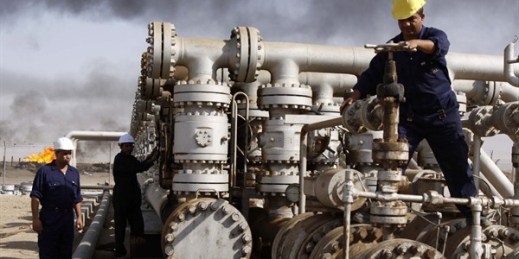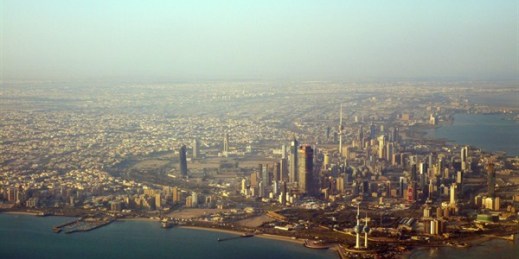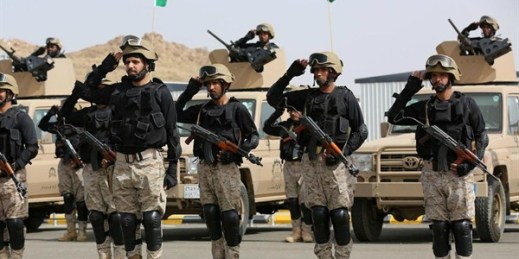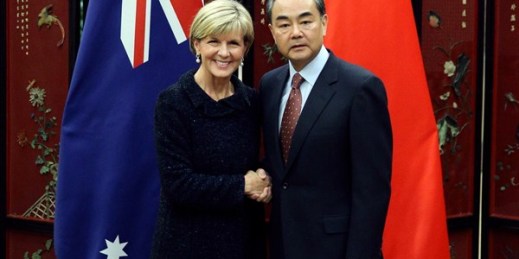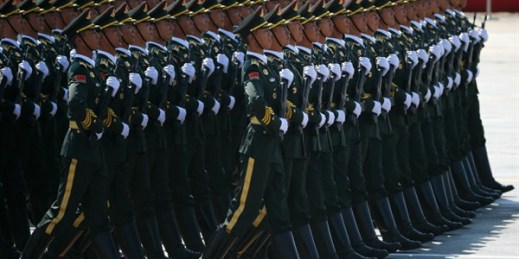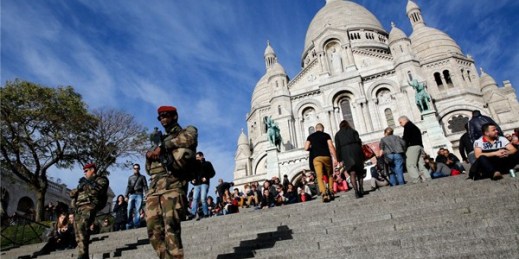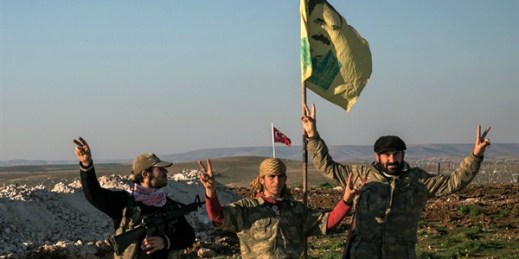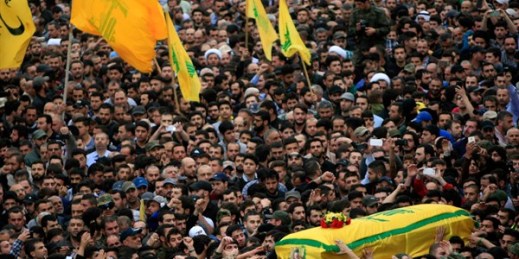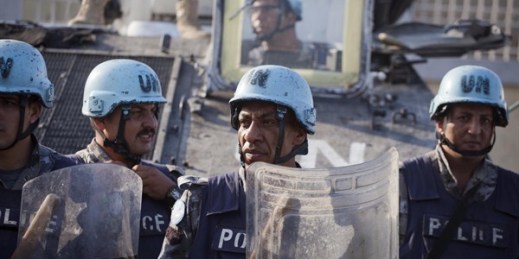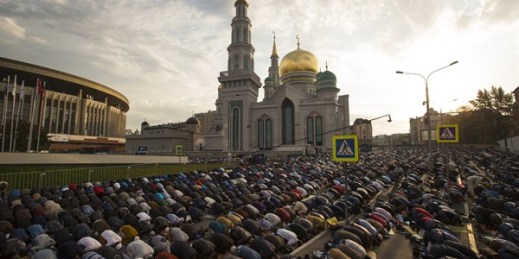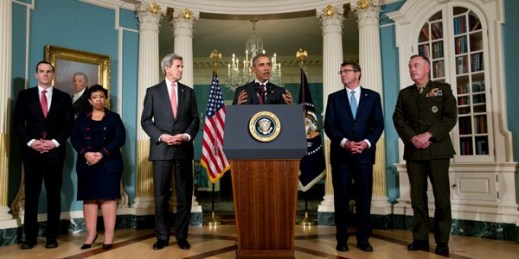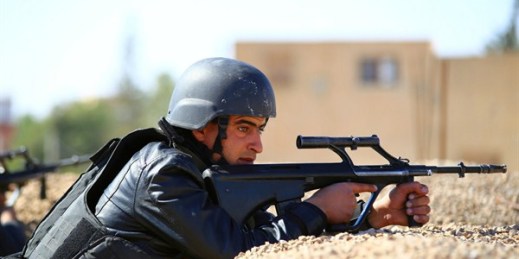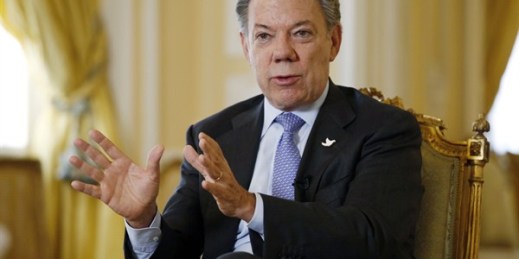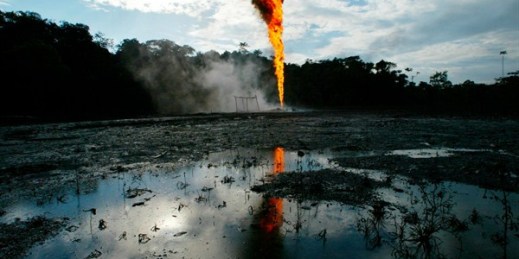
Editor’s note: This article is part of an ongoing WPR series on the impact of falling oil and commodities prices on resource-exporting countries. Earlier this month, Colombian President Juan Manuel Santos announced he was cutting the national budget by 3 percent due to falling oil prices. In an email interview, Christian Gómez, an international development professional, discussed the impact of falling commodities prices on Colombia’s economy. WPR: How has the relative significance of oil and commodities exports to Colombia’s economy evolved in the recent past, and what effect have falling commodities prices had on the economy and public spending and […]

